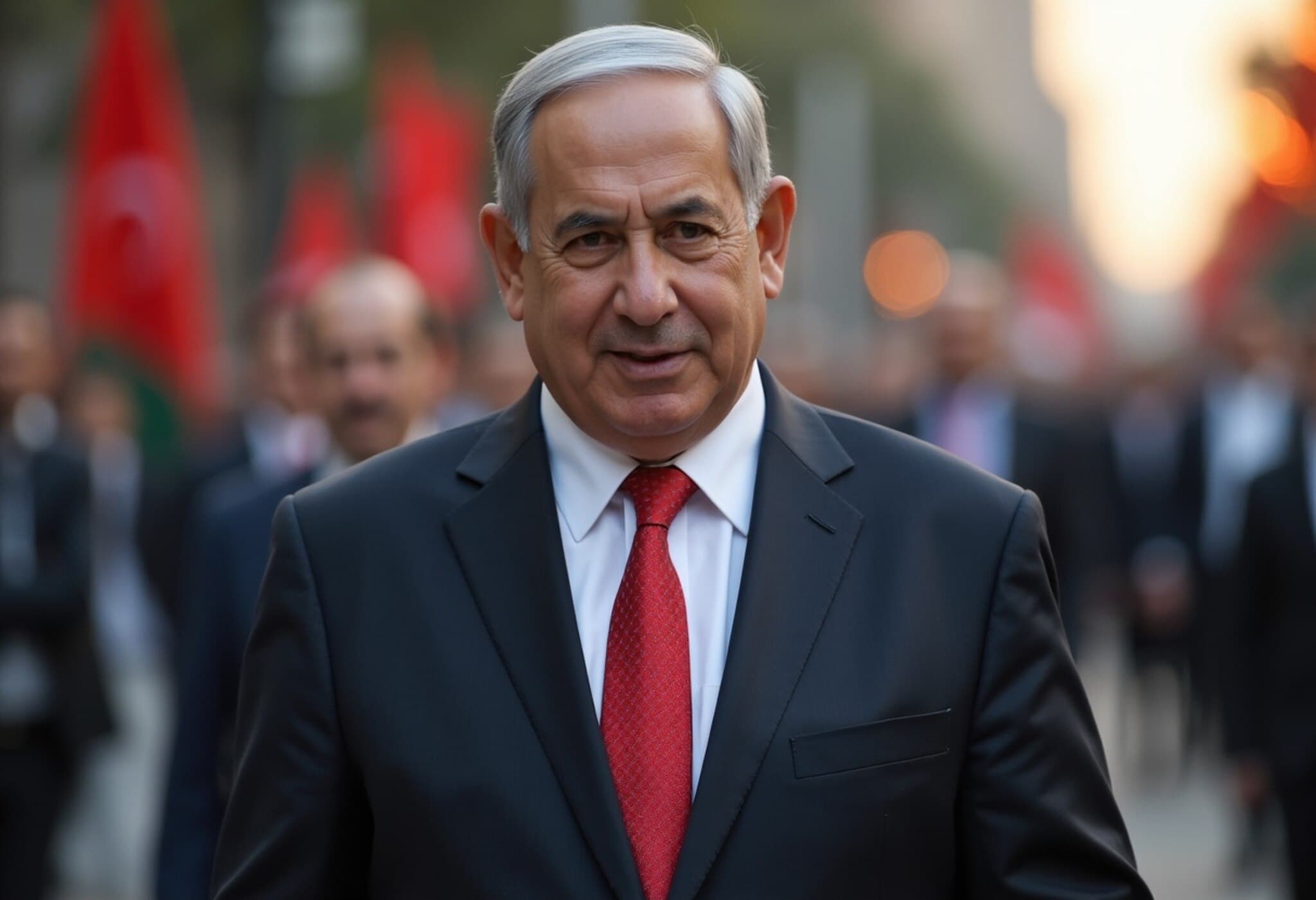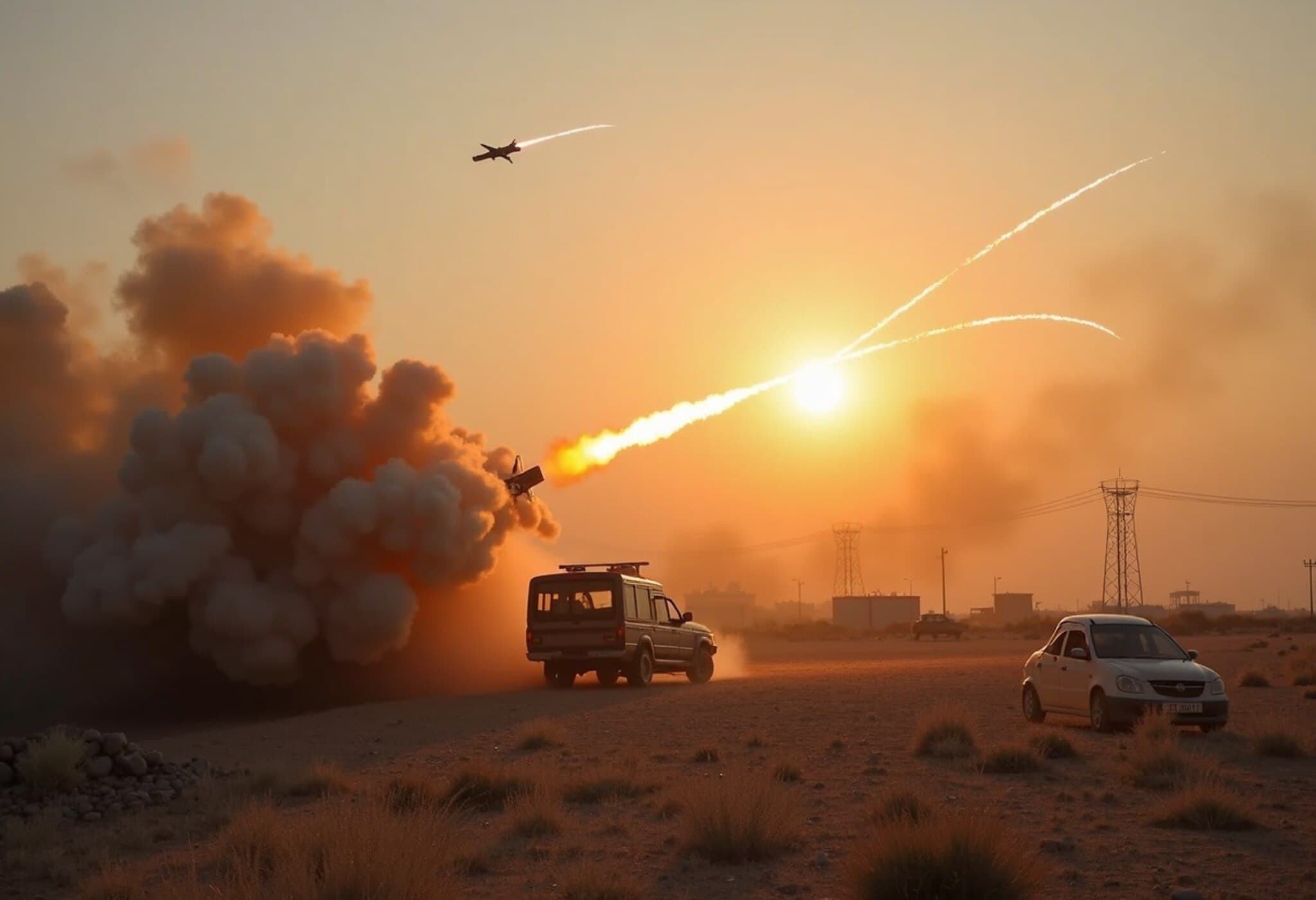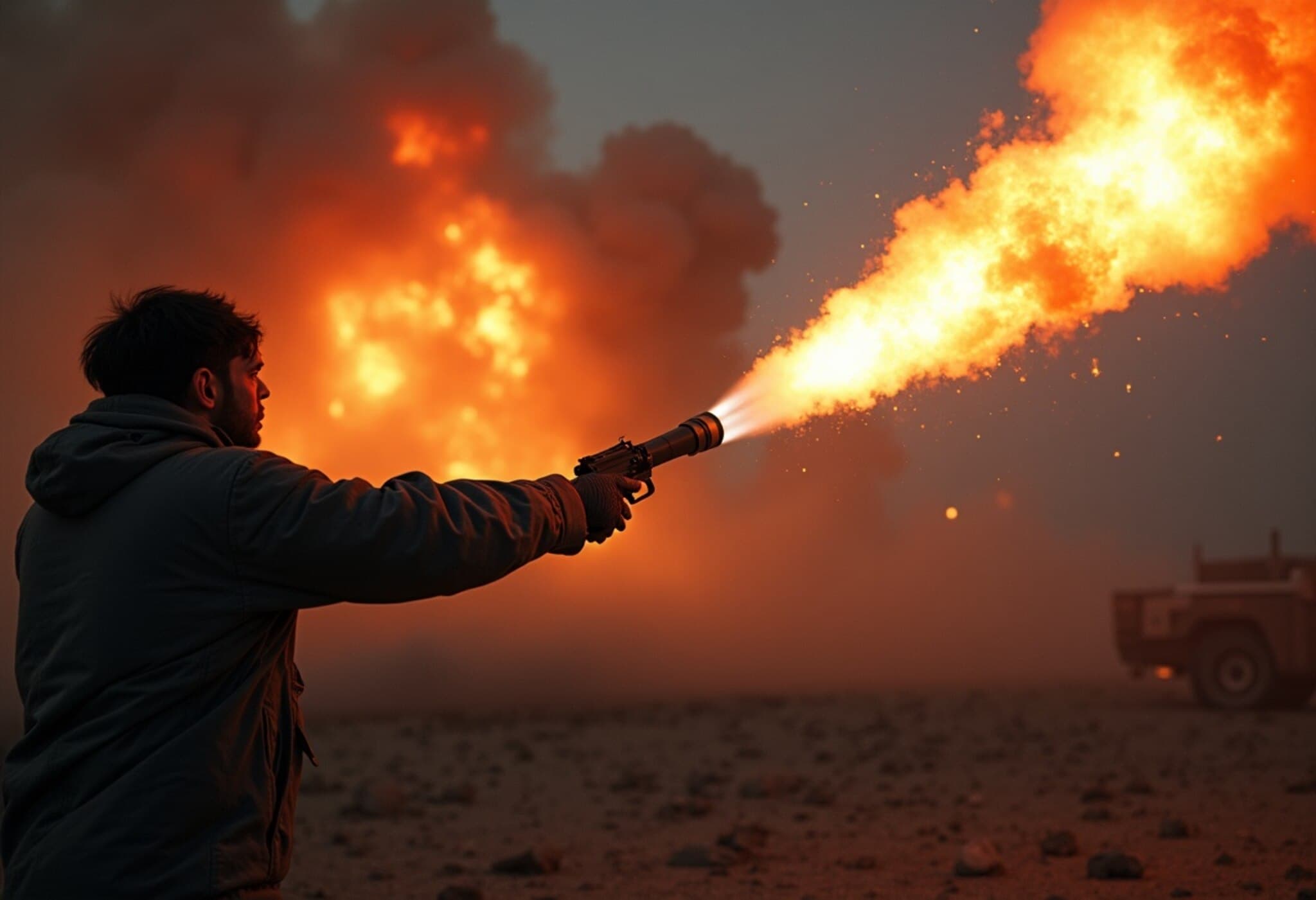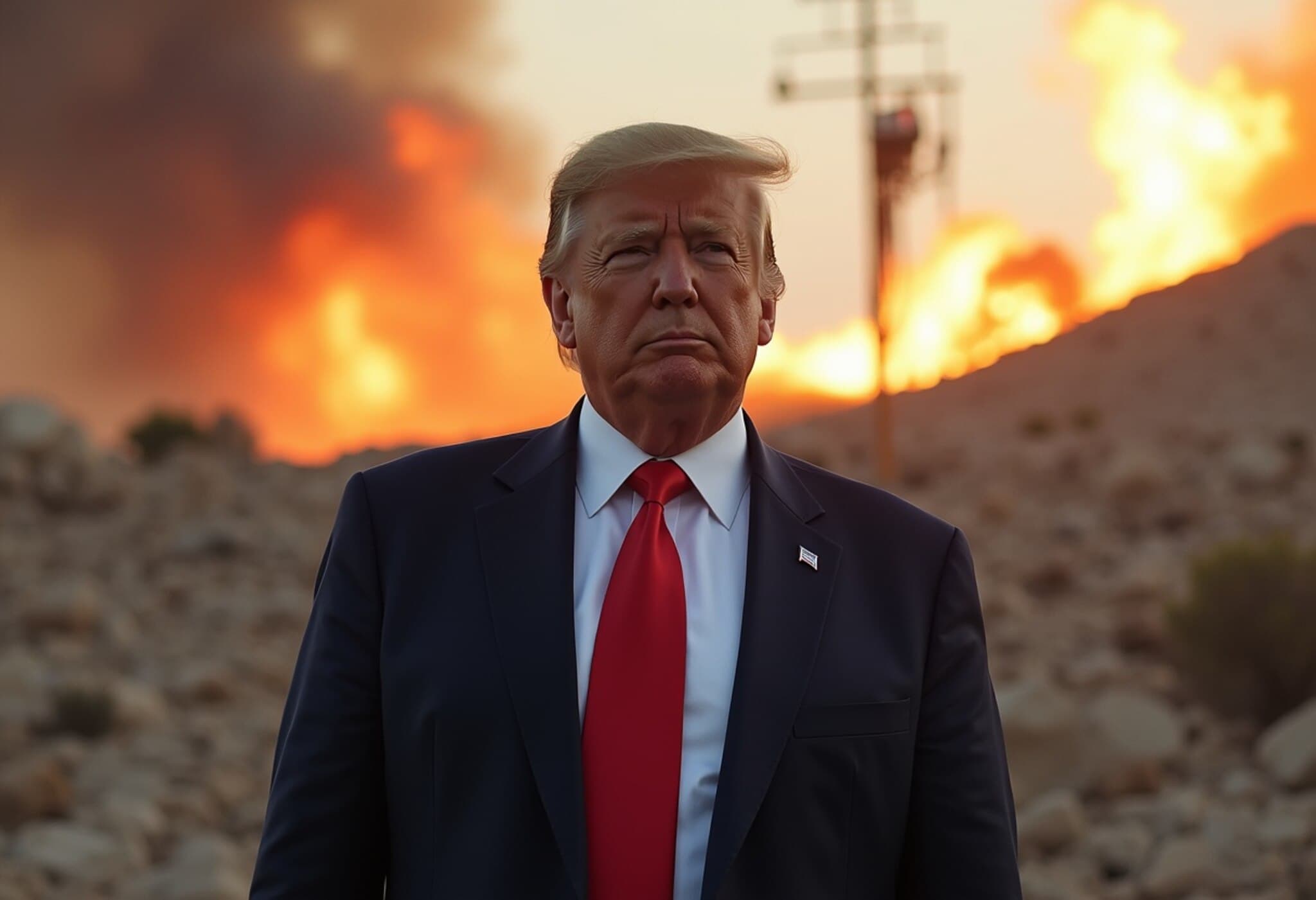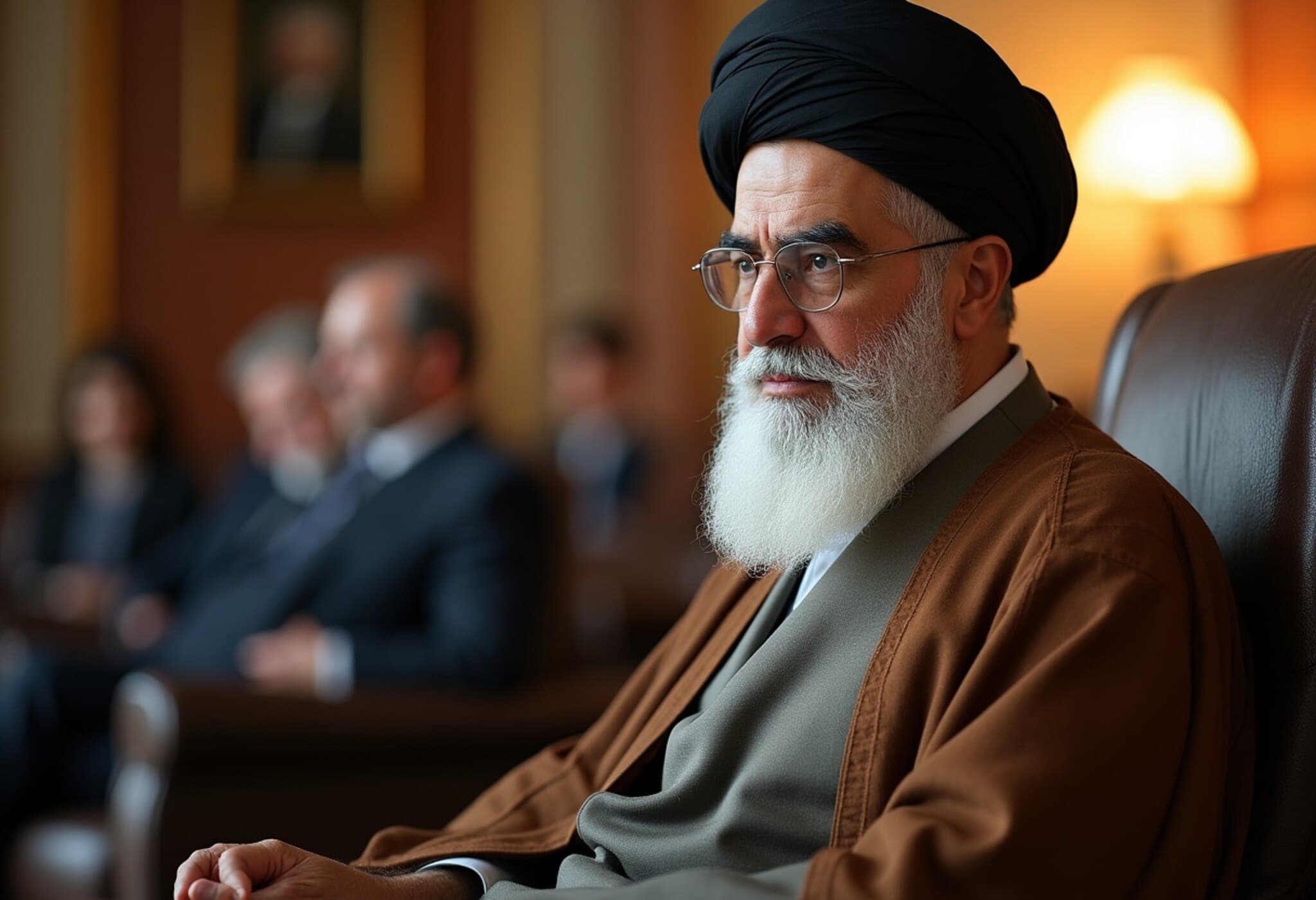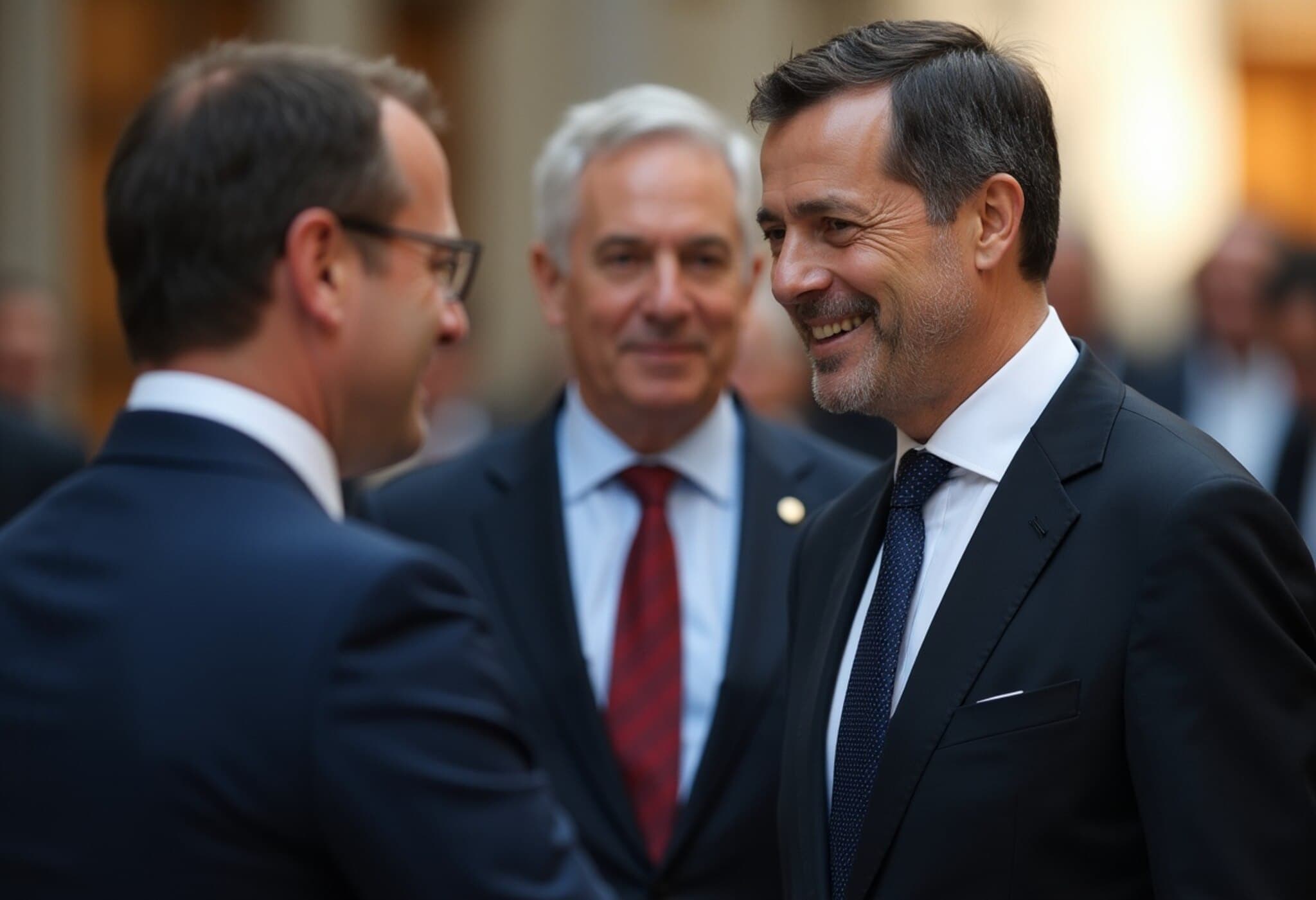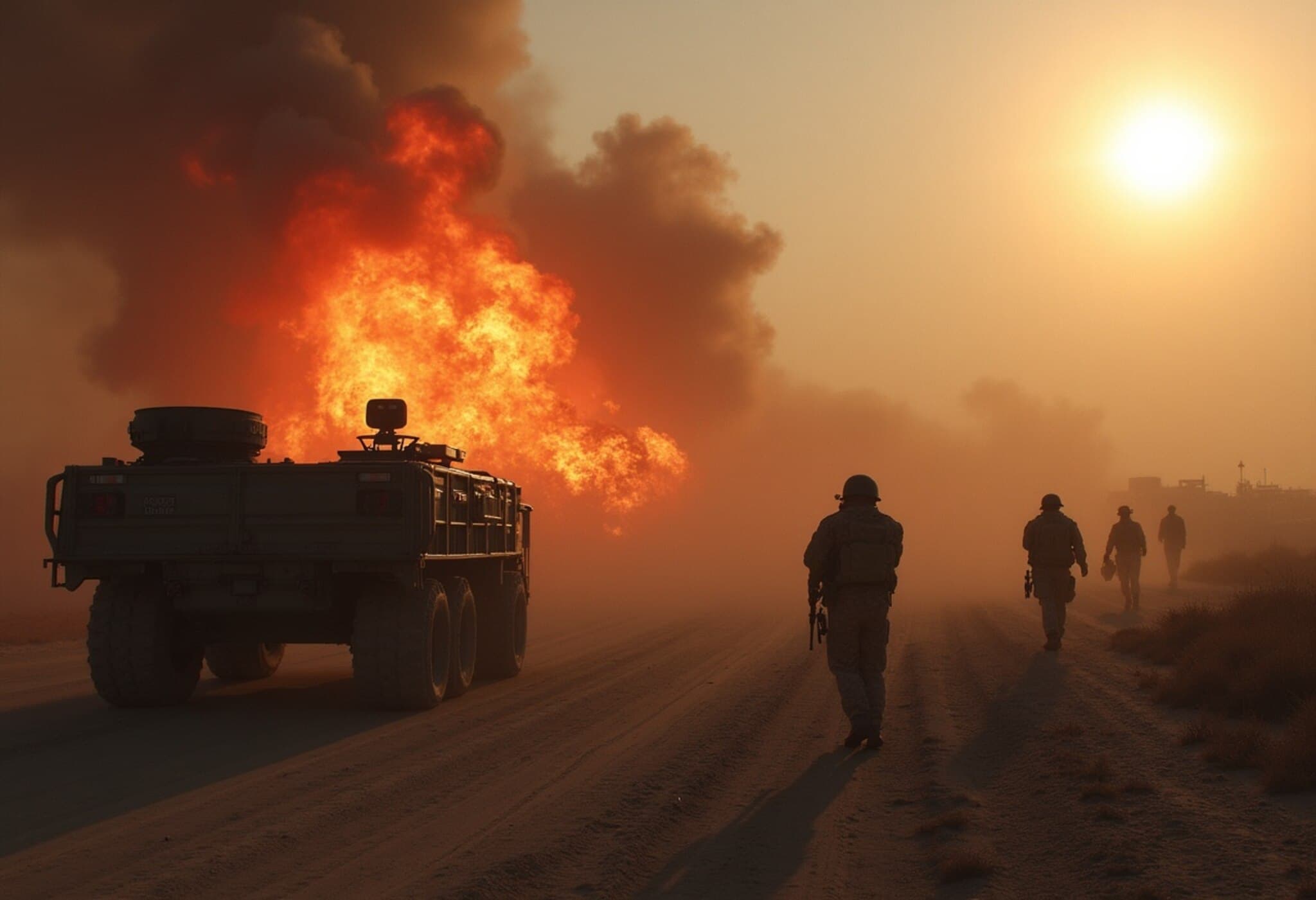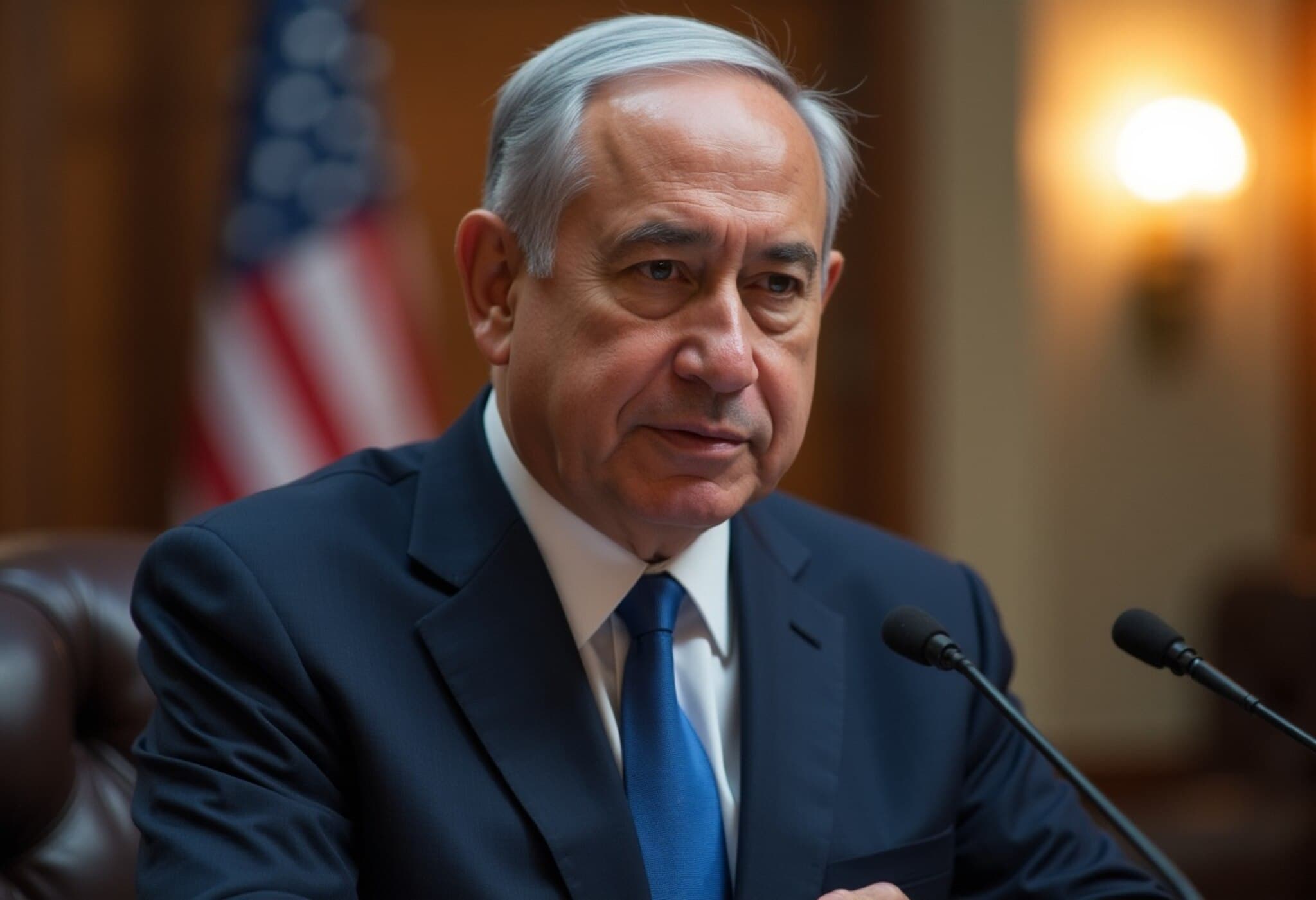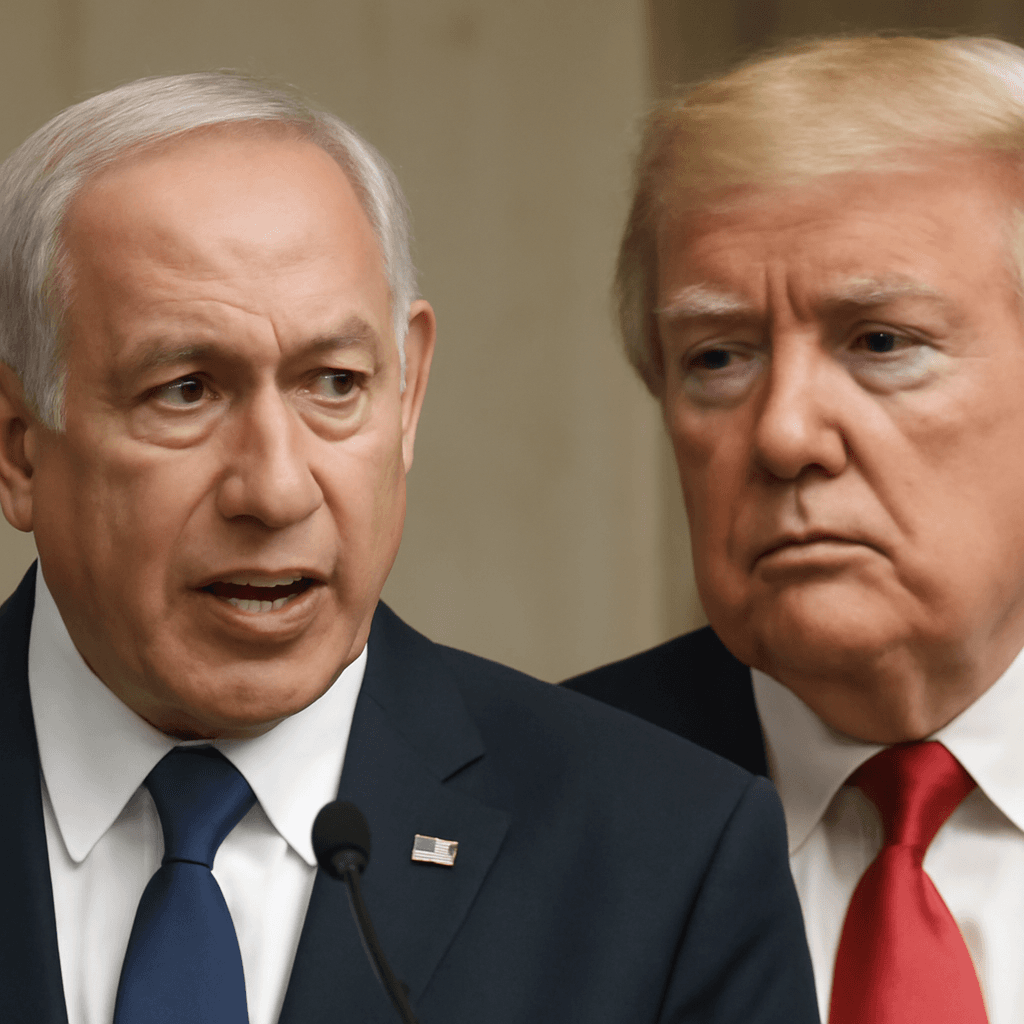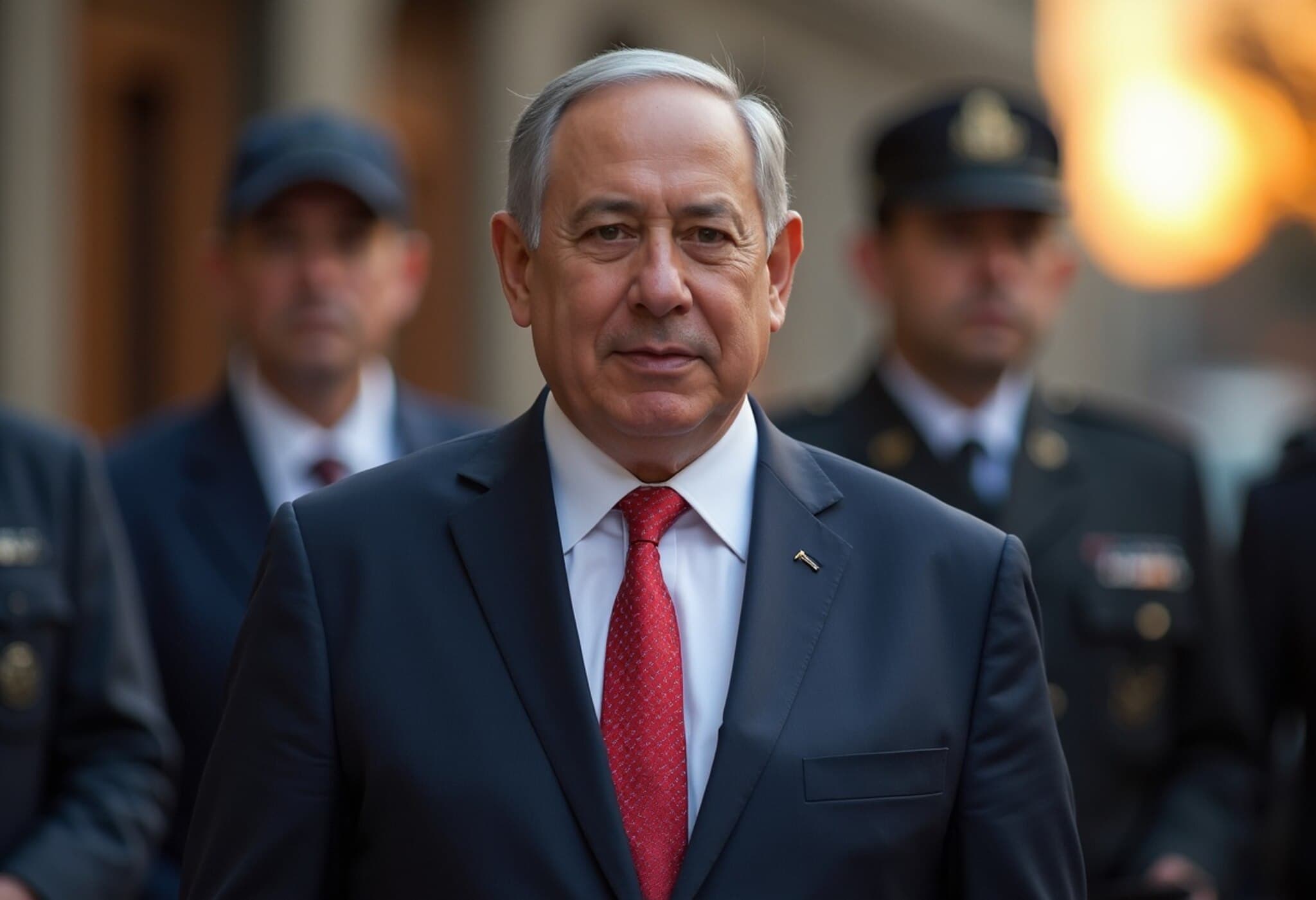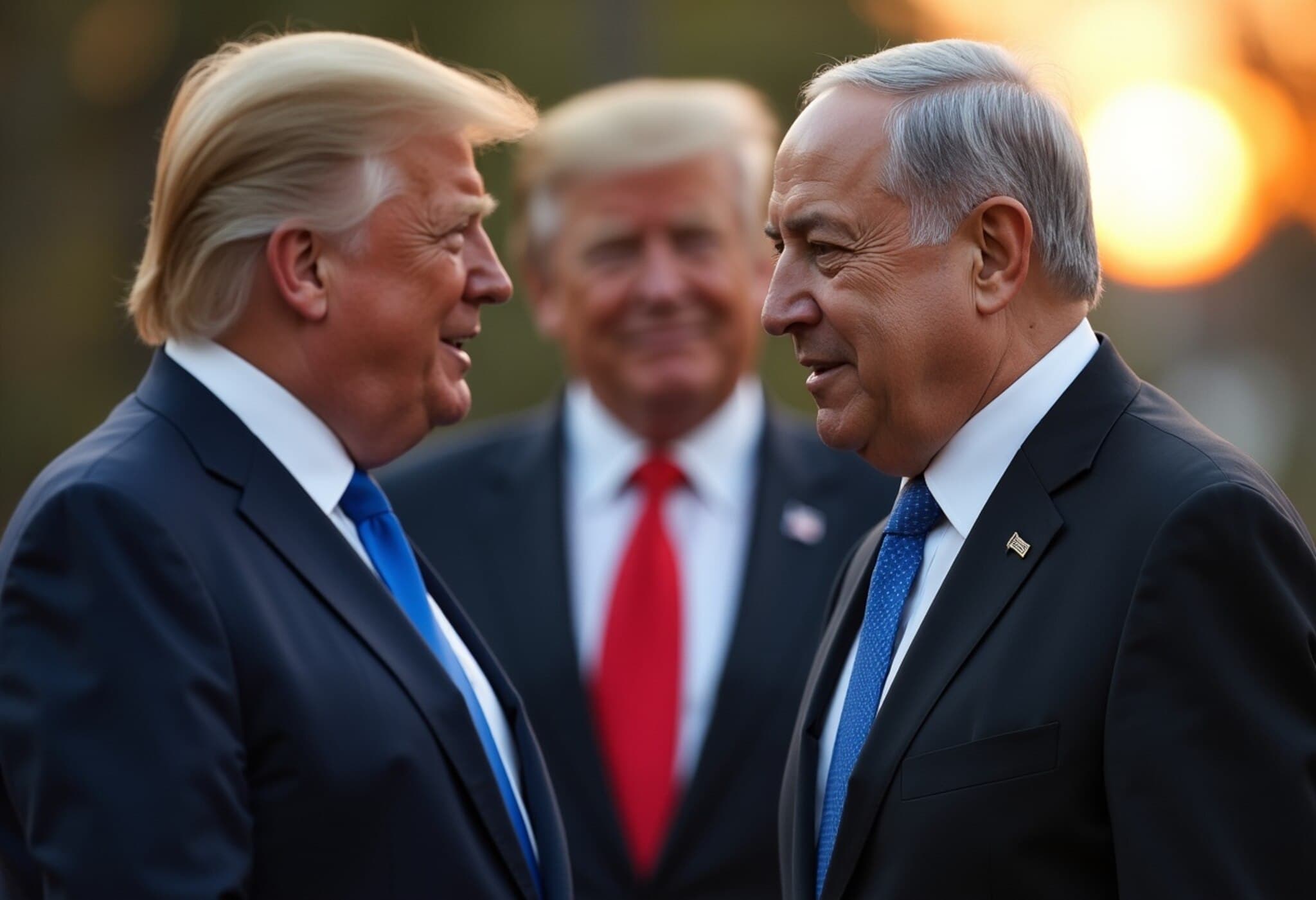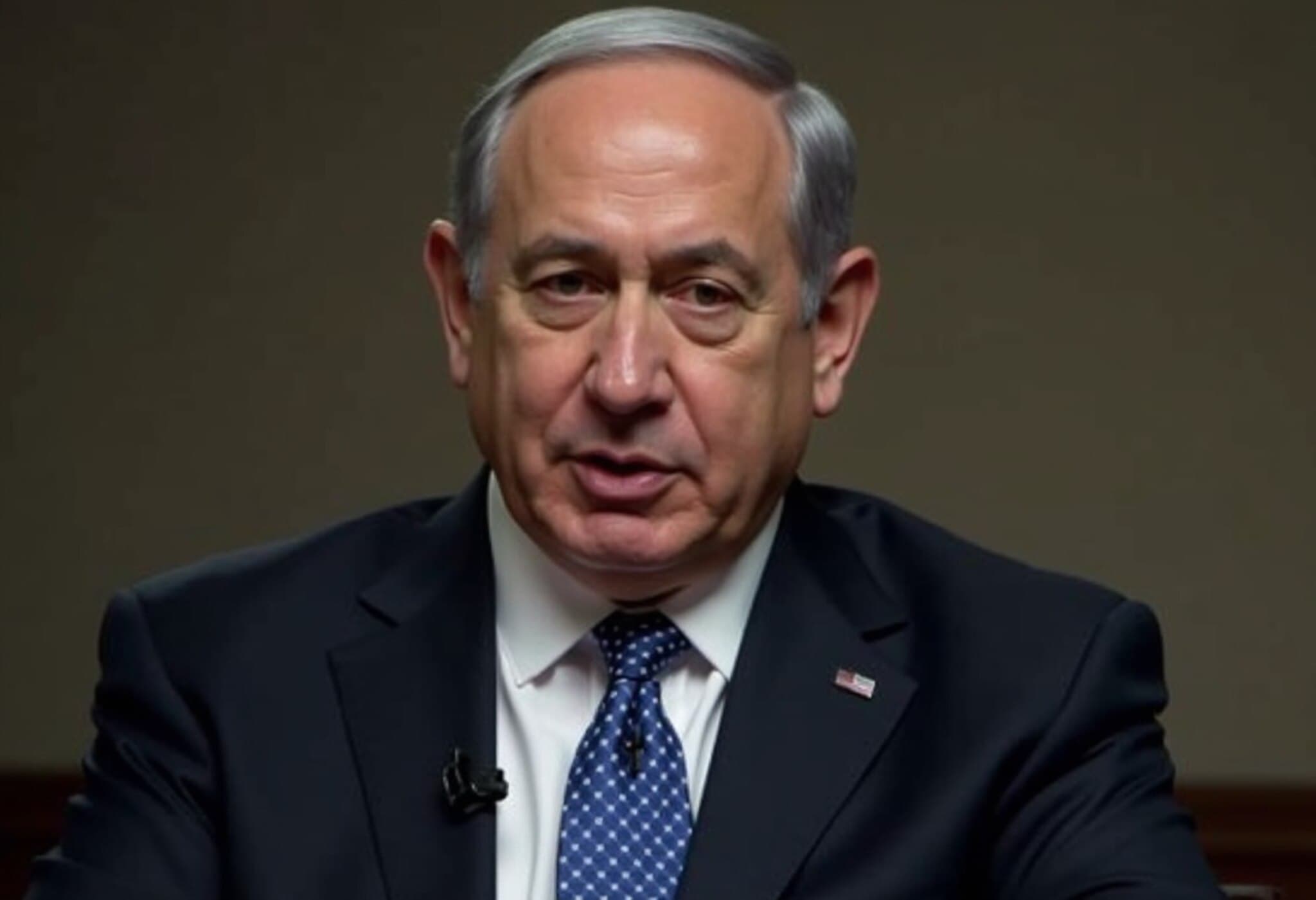Netanyahu Open to Permanent Gaza Ceasefire Amid Ongoing Conflict
In a significant yet cautious development, Israeli Prime Minister Benjamin Netanyahu declared Israel’s openness to negotiating a permanent ceasefire in Gaza, contingent upon the demilitarization of Hamas. This announcement comes against the backdrop of talks initiated in Doha aimed at halting hostilities between Israel and Hamas that erupted following Hamas’s October 2023 assault.
Conditional Peace: Demilitarization as the Non-Negotiable Demand
Addressing the situation via a video message from Washington, Netanyahu emphasized the critical conditions Israel places on any ceasefire agreement. "The fundamental condition is that Hamas lays down its weapons and relinquishes its governing and military capabilities," he stated firmly. The proposed 60-day truce offers a platform to initiate dialogues directed toward a permanent end to the conflict.
"If these objectives can be accomplished through negotiations, that will be ideal," Netanyahu said. "However, if no progress is made within the 60-day window, Israel will resort to other means—including military force—leveraging the strength of our army to ensure lasting security." This tough stance reflects Israel’s experience with prior ceasefires which collapsed without Hamas's disarmament.
Hostage Releases and Negotiation Dynamics
US Middle East envoy Steve Witkoff has been mediating discussions, proposing the ceasefire in exchange for the release of at least half of the estimated 20 surviving hostages held by Hamas. Netanyahu updated families of these captives, noting that Hamas will determine which prisoners are freed during the truce. "We will do everything possible to maximize the number of releases in this phase," he said, while acknowledging limitations outside Israel’s control.
On a related note, Hamas publicly agreed to release 10 hostages but simultaneously expressed resistance to any arrangement that maintains a significant Israeli military presence in Gaza. The group is furthermore demanding "real guarantees" to secure lasting peace and unimpeded humanitarian aid flows into the heavily besieged Gaza Strip.
Contested Military Presence: The Morag Corridor
Israel insists on sustaining its troops within the southern "Morag corridor" in Gaza, an area it considers vital for security and oversight during any ceasefire period. This status quo has become a major sticking point, as Hamas views continued Israeli troop presence in Gaza as undermining sovereignty and a genuine peace process.
Looking Ahead: Fragile Prospects for Peace in a Broader Geopolitical Context
The Israeli-Palestinian conflict remains one of the world’s most intractable and emotionally charged disputes, with deep historical wounds and neighborly tensions. Netanyahu’s statement signals a pragmatic opening but stops short of compromising on Israel’s core security demands.
From a US policy perspective, the push for a ceasefire aligns with Washington’s broader strategy to stabilize the region and reduce civilian suffering. However, the delicate balance between achieving humanitarian goals and Israel’s security imperatives poses profound challenges for diplomats on all sides.
Expert Commentary
Dr. Miriam Goldstein, a Middle East policy analyst based in Washington, notes, "Netanyahu’s approach reflects a familiar pattern in Israeli conflict management—willingness to negotiate peace, but only under stringent security conditions. The million-dollar question is whether Hamas is prepared to disarm or if the risk of renewed violence will derail negotiations." She adds that the international community must address the humanitarian crisis alongside security talks to foster any sustainable resolution.
Key Takeaways
- Israel is open to a permanent ceasefire, but only if Hamas fully disarms.
- The proposed 60-day truce serves as a timeframe to negotiate or resort to military means.
- Hostage release remains a critical and emotionally charged leverage point.
- Humanitarian aid and security arrangements such as the ‘Morag corridor’ are central to ongoing disagreements.
Editor’s Note
The current talks highlight the complex tug-of-war between immediate humanitarian needs and long-term security concerns in the Israel-Gaza conflict. While Netanyahu’s willingness to negotiate offers a glimmer of hope, the step from ceasefire to a durable peace will require unprecedented compromises—particularly from Hamas. Observers should watch closely whether international diplomacy can bridge these divides or if the cycle of violence will sadly continue. Transparency around hostage negotiations and humanitarian access remain critical factors influencing regional stability and global perceptions.

